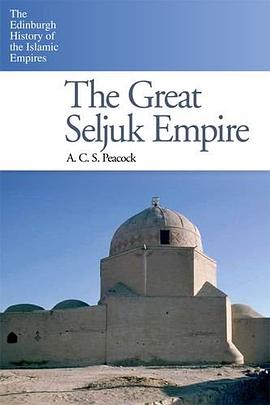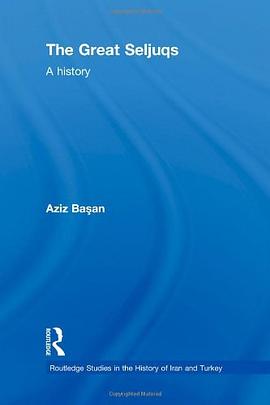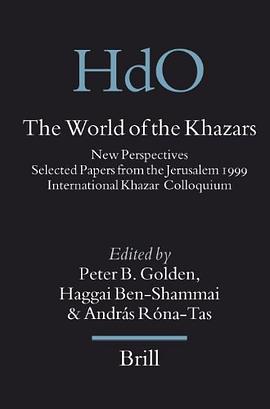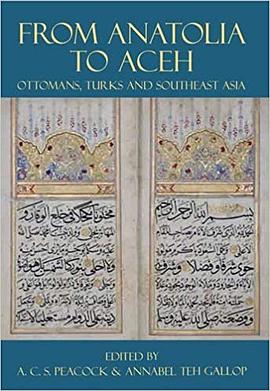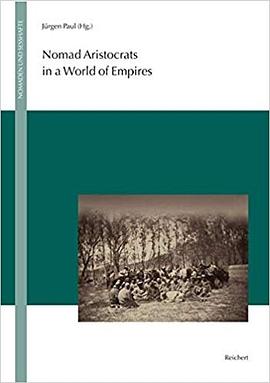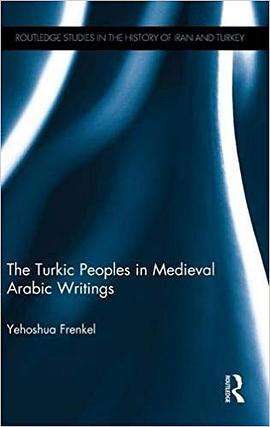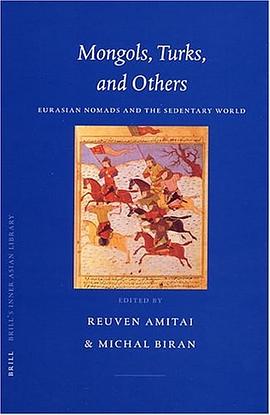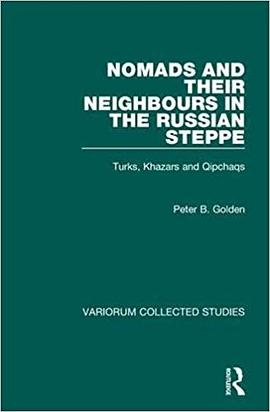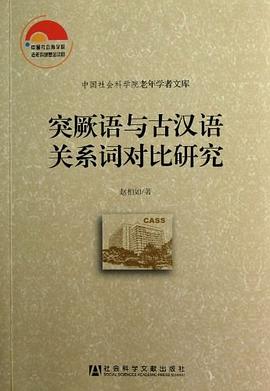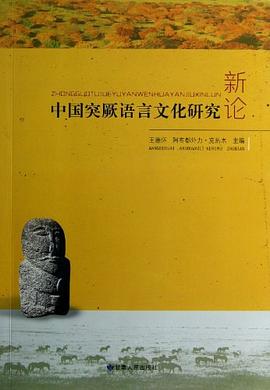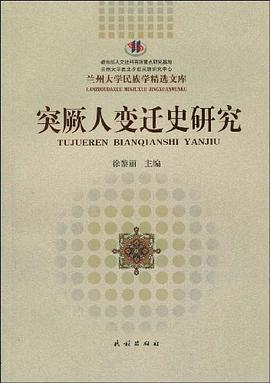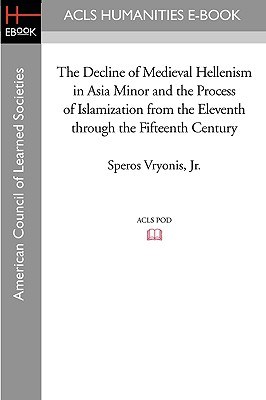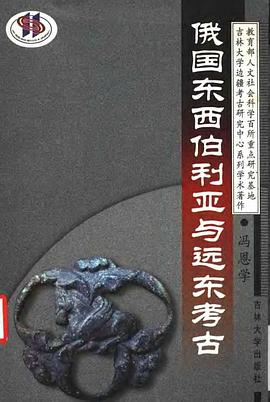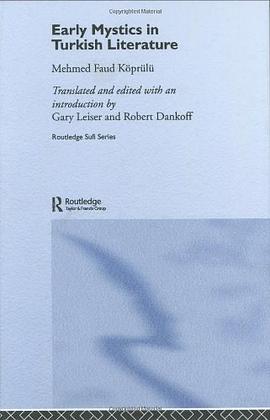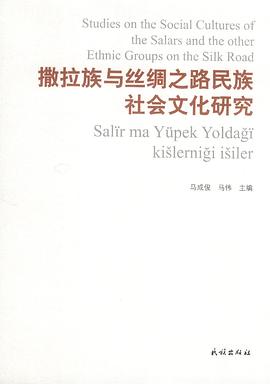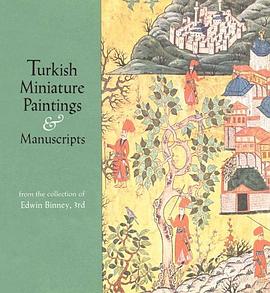

Examples of the Turkish pictorial arts outside the Topkapu Saray Library in Istanbul are rare—a well-known fact that Dr. Binney demonstrates again in his introduction to this catalogue. Why so rare? For one thing, this art never achieved widespread support or appreciation within the Turkish empire. It was fostered only by the sultan's court and kept within the confines of the royal establishments. The fact that the Turks were Sunnis who followed the canonical law more strictly than, for instance, the Iranians may have a good deal to do with the limited number of existing works illustrated by Turkish miniature painters.
The major museums and libraries of the world possess relatively few examples of Turkish miniature paintings and manuscripts. In the private sector, only two enthusiastic connoisseurs have acquired large and representative collections: the late Sir Chester Beatty, founder of the Chester Beatty Library in Dublin, and the author of this catalogue, a loyal friend of the Islamic Department of The Metropolitan Museum of Art. Aided by his connoisseurship and wide knowledge of the arts of the Near and Middle East, Dr. Binney has been able by painstaking and well-informed endeavors to collect every form of Turkish painting. His collection ranges from a rare example of the late fifteenth century through the more numerous paintings of the nineteenth century, when the art was increasingly influenced by European styles. The collection contains historical accounts of the lives and accomplishments of earlier sultans as well as illuminated works dealing with saints or legendary heroes. There are portraits of sultans and of handsome youths and maidens, renditions of historic buildings, decorative illuminations, and various forms of the art of calligraphy.
While Turkish painting was contemporary with that of Iran and Mughal India, in nearly all ways it was distinguishable, not only in its different forms of dress and headgear and the more formal presentation of the figures, but also in its more simplified and at time monumentalized forms of trees, landscapes, and architecture. At the same time the Turkish artist had a keen eye for details, an attitude that led in the course of time to realistic portrayals of figures and scenes. Such close observation eventually made the artists turn to exaggeration—even caricature. All of this helped to make Turkish painting something unique, even though its heritage from Persian painting and its European influences are easily recognized.
Dr. Binney's well-illustrated catalogue offers the general public and the student alike an excellent survey of Turkish painting and an insight into the special qualities of this diverse art. His collection, so generously lent to us, represents a cultural achievement worthy of honoring the Republic of Turkey on the occasion of its fiftieth anniversary.
具體描述
讀後感
用戶評價
相關圖書
本站所有內容均為互聯網搜索引擎提供的公開搜索信息,本站不存儲任何數據與內容,任何內容與數據均與本站無關,如有需要請聯繫相關搜索引擎包括但不限於百度,google,bing,sogou 等
© 2025 onlinetoolsland.com All Rights Reserved. 本本书屋 版权所有

